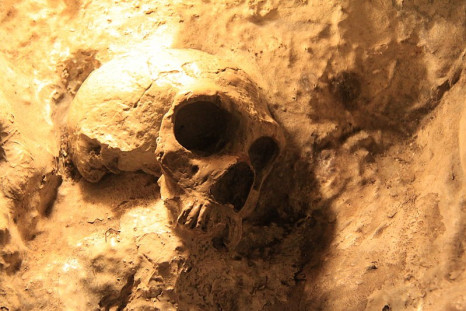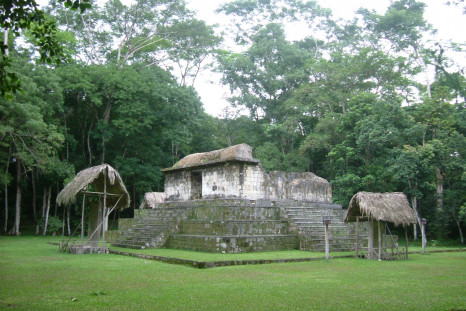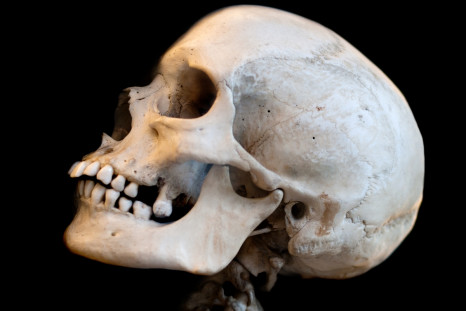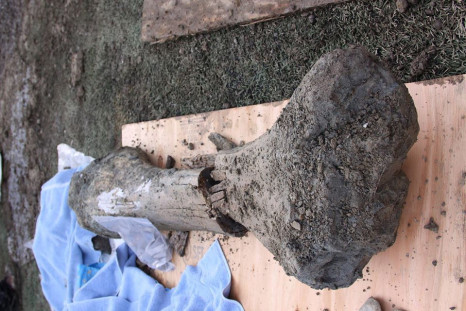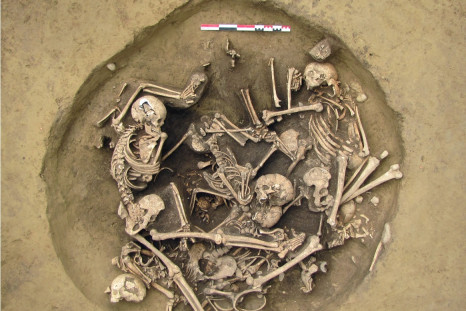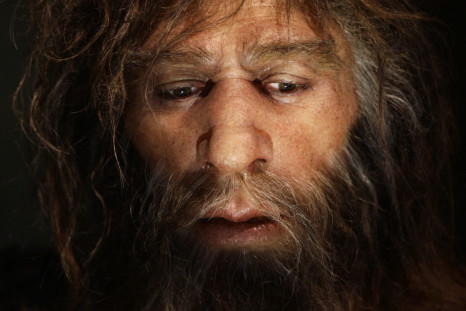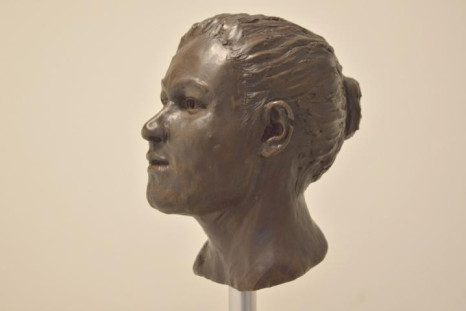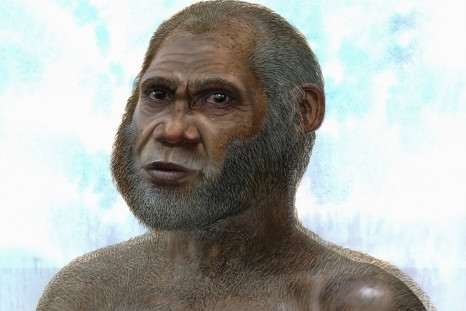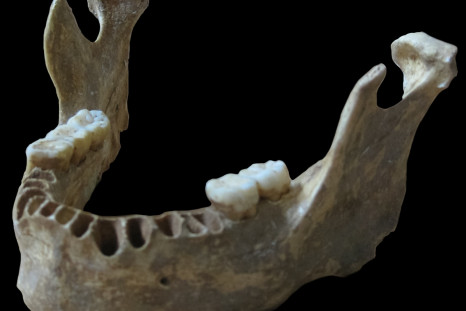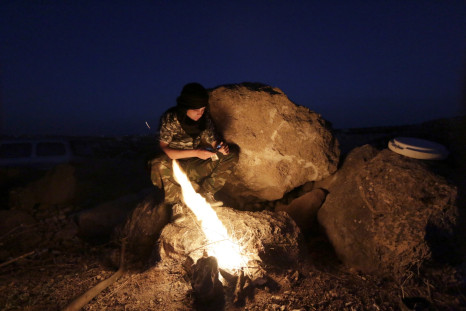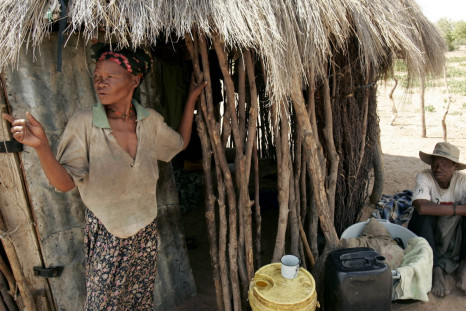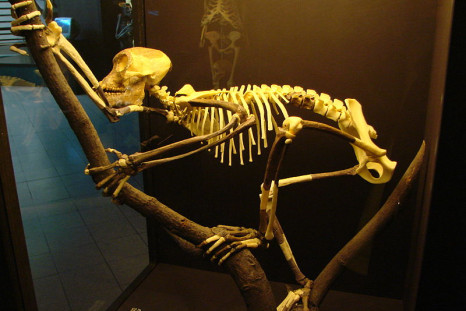Home
> anthropology
anthropology
Cannibal Neanderthals: Did eating brains help push them to extinction?
Cannibalism: A Perfectly Natural History explores extinction theory of modern humanity's ancestor.
Superfood quinoa to provide global food security for our growing population?
First domesticated 7,000 years ago, scientists have now sequenced the genome of quinoa.
Why do humans have large penises but small testicles?
How our mating system and brains left us with a penis/testicle ratio unlike any other primates.
Bloody violence and political decline made the Maya civilisation collapse twice
One of the most detailed chronologies of the Maya civilisation at Ceibal, Guatemala, shares a light on its collapses.
How to bury your worst enemy? Ancient Arizonans threw them in headfirst
Family members were buried carefully but enemies were thrown into graves with disrespect.
Violence in our genes: Have humans always gone to war?
Is warfare in our genes or did it arise from civilisation?
10,000-year-old mammoth remains found in Oregon
A construction crew digging at the football ground of Oregon State University discovered the remains.
Fairy tales have been passed down the generations since the Bronze Age finds anthropological study
Once upon a time, long, long ago, a story was passed from parent to child ... and we still hear it today
One of York's decapitated Roman 'gladiators' came from the Middle East
Mystery origins of Roman-age decapitated bodies revealed through whole genome analysis.
6,500-year-old mystery burial pit full of amputated arms points to extreme violence in Neolithic France
Archaeologists discover pit of skeletons with amputated left arms.
Interspecies sex with Neanderthals and Denisovans boosted our immune system
Two studies show the important role interbreeding had on human evolution.
Ancient Irish genomes show mass migration to Emerald Isle from Middle East and Europe
First genomes of ancient Irish humans shows origin of 'Celtic disease' and blue eyes.
Red Deer Cave people: Bone discovery suggests ancient human species survived until last Ice Age
Controversial study shows 14,000-year-old bone has features resembling the most ancient Homo species.
Neanderthal skulls grew differently to modern day humans discover NYU researchers
Neanderthal bone development gave them a further projected skull, compared to humans.
Prehistoric skull a key 'piece of the puzzle' in story of humanity
Scientists said on Wednesday (January 28) the upper part of the skull, the domed portion without the face or jaws, was unearthed in Manot Cave in Israel's Western Galilee. Scientific dating techniques determined the skull was about 55,000 years old.
Peru: First evidence of ancient bone surgery discovered with procedure on lower legs
Anthropologists have found a rare example of drilling to treat an infection on the lower legs.
Archaeology: Regular fire use by humans dates back to 350,000 years ago
Analysis of flints found in a cave occupied by ancient men for half a million years shows regular fire use started between 320,000 and 350,000 years ago.
Isolated Amazon Tribe Survival Monitored With Space Technology Using Satellite Images
Scientists using Google Earth, WorldView and GeoEye satellite images to monitor demographic changes.
45,000-Year-Old Siberian Man's Genome Pinpoints When Neanderthals and Humans First Had Sex
German scientists have sequenced the genome of a man in the oldest genetic record ever reconstructed
Brazil: Isolated Tribe Seen at Risk Following Incomplete Flu Treatment
Doubts arise over treatment to flu-infected tribespeople in Simpatia village of Brazil.
Flu-Infected Isolated Amazon Tribe Can be Wiped Out
According to Brazilian officials, the Amazon tribe have contracted flu, which is potentially deadly to isolated tribes.
Isolated Amazonian Tribe Reaches Out For Help
Isolated tribe driven away by loggers has made contact with Brazilian officials.
First Ever Interactive Atlas of Ancient Inuit Arctic Trails Goes Live
Researchers have mapped out an extensive network of ancient routes across North America passed down through generations
China Photo Story: The Last Survivors of Crippling Foot Binding Tradition
Photographer Jo Farrell is on a quest to capture the last living Chinese women to have survived Lotus Feet foot binding.
My South Africa Adventure: Cradle of Human Civilisation at Johannesburg's Origins Centre
Johannesburg's Origins Centre is one of the best museums to learn about the early man, writes Cath Everett
Discovery of Ancient Kenyan Primate Proconsul Fossils Redefines Ape-Human Lineage
The discovery of early ape Proconsul fossils in Kenya have provided new insights into primate evolution.
Peru's Ancient Wari Healers Performed Brain Surgery by Scraping off Skull
Peruvians experimented with cranial surgery 1,000 years ago.


